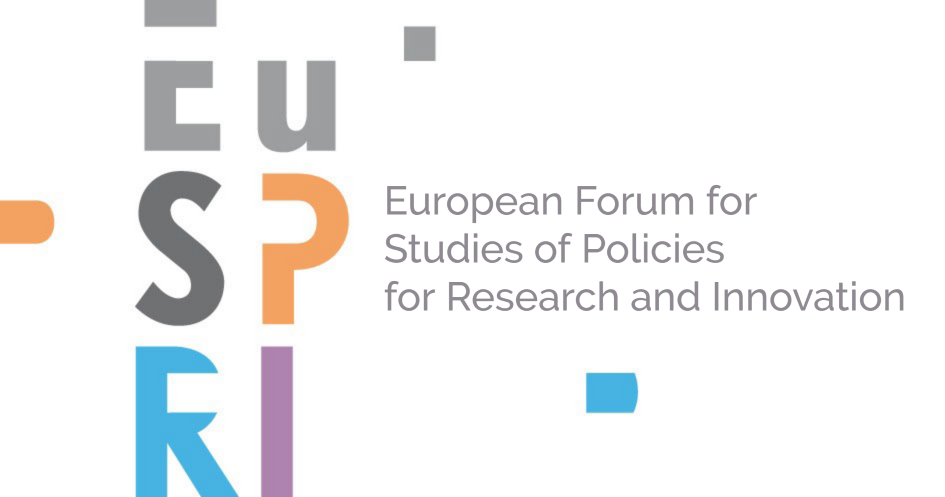Contact person: Daimer, Stephanie (Karlsruhe (DE) Fraunhofer Institute for Systems and Innovation Research ISI)
Resilient missions for resilient societies
Authors: Stephanie Daimer, Florian Roth, Carsten Schwaebe, Andreas Hummler
Keywords: Societal resilience, mission-orientation, Europe
Abstract
Over the last years, strengthening societal resilience has become a top priority in policy-making across Europe. In this context, mission-oriented approaches are increasingly viewed as strategic instruments to systematically foster Europe’s adaptability and sovereignty in the face of global crises and uncertainties. At the same time, there is ongoing critique that the way missions are commonly designed and implemented is ill-suited to keep up with the complexity and disruptiveness of the challenges at hand. Following this argument, missions overly build on top-down planning logics, while being largely unable to respond flexibly to unforeseen developments and disturbances, regularly leading to unintended side effects, for example, on sustainability, economic growth, and human well-being (Kirchherr, 2023).
This track builds on a multi-scalar understanding of resilience, in which micro, meso and macro levels constantly interact and influence each other (Walker et al. 2004). Following this perspective, it may be argued that missions can only make a meaningful contribution to societal resilience if they themselves are resilient. As EU member states face complex challenges like climate change, technological disruptions, economic recession, anti-democratic developments and geopolitical tensions, there is a growing recognition of the need for integrated strategies and policies. Consequently, the track explores how far, under which conditions and in what ways mission-oriented policies are able to respond and adapt to changing contexts, such as contested political “directionalities”, economic shocks or technological trends.
With many mission-oriented policies now under way (Missions | STIP Compass), in this track, we seek to explore how they adapt to changing political and economic contexts. As missions often originate from STI policies and emphasize knowledge generation for societal challenges, are they sufficiently prepared for the obstacles and the widespread backlashes faced by transformative agendas these days? Or are they adaptable to the multiplicity of policy goals in need of addressing? There might be differences for missions that have the characteristics of technology accelerators as compared to those with more transformative ambitions reaching beyond the realm of STI policies (Wittmann et al. 2021). We might also observe differences depending on the extent to which current missions are already designed as systemic policy mixes (Edler and Fagerberg 2017).
A second, related aim of this session is to identify design features which can increase the resilience of missions in challenging policy environments. Against the background of uncertain and challenging policy environments, we see that practitioners are facing increasing difficulties in implementing mission-oriented policies. This is further complicated by other obstacles to mission implementation, such as silo thinking of departments or ministries, aversion against responsibilities coming with the (non-)achievement of missions, challenging political communication on complex missions, etc. This points to even more fundamental problems of lacking organisational capacities and of a need for changing organisational cultures and traditions of public administration. This latter point can be described more precisely as the “rethinking […] of the foundations of how public organisations gather and analyse information, and appraise and evaluate policy interventions” (Kattel and Mazzucato, 2023: 3). In this track, we will focus on questions like:
• How can public administrations be mobilised to experiment with new policy approaches under circumstances of fundamental uncertainty and decide on the needed risk-taking of policies?
• To what extent are risk-taking, creative failure and adaptation accepted as elements of societal learning and how can the sustainable provision of resources and thus perseverance be ensured?
• How can it be achieved that unsuccessful policies or projects are not seen as a total failure of a mission any longer, but instead as an essential part of the required experimentation and learning processes?
• And how can new mission-oriented policy instruments be combined and aligned with other, more established instruments to address complex and uncertain challenges?
The track will feature thematic sessions with paper presentations and in particular welcome early-stage research papers, both conceptual and empirical.
